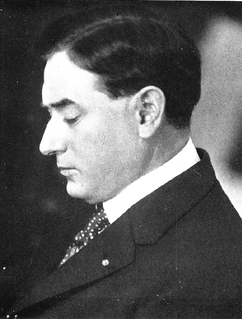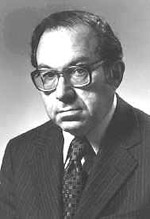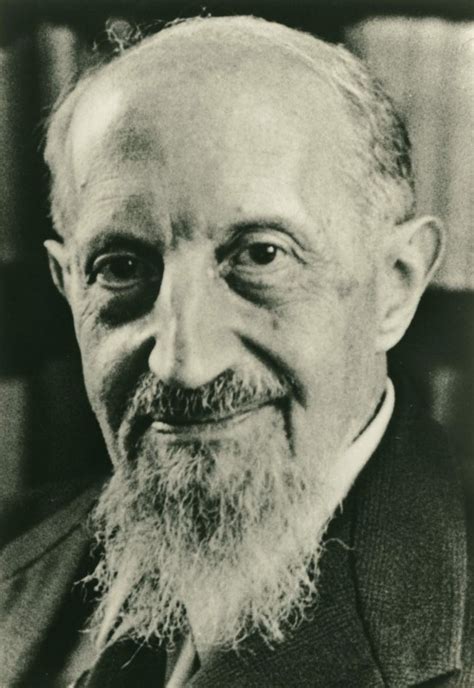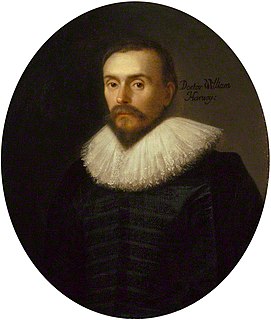A Quote by Marion LeRoy Burton
Character is formed, not by laws, commands, and decrees, but by quiet influence, unconscious suggestion and personal guidance.
Quote Topics
Related Quotes
As the Nazi regime developed over the years, the whole structure of decision-making was changed. At first there were laws. Then there were decrees implementing laws. Then a law was made saying, ‘There shall be no laws.’ Then there were orders and directives that were written down, but still published in ministerial gazettes. Then there was government by announcement; orders appeared in newspapers. Then there were the quiet orders, the orders that were not published, that were within the bureaucracy, that were oral. And finally, there were no orders at all. Everybody knew what he had to do.
We think we can – as normal people generally do – put up with a certain amount of unanalyzed unconscious material as long as it remains more or less quiet and does not interfere with normal life and normal activities When the unconscious disturbs, it has to be dealt with; if it keeps quiet, we do not make a systematic offensive against it.
It is our duty to look to God's commands, and not to His decrees; to our own duty, and not to His purposes. The decrees of God are a vast ocean, into which many possibly have curiously pried to their own horror and despair; but few or none have ever pried into them to their own profit and satisfaction.
Imitation is for the most part so unconscious that its effects are almost unheeded, but its influence is not the less permanent on that account. It is only when an impressive nature is placed in contact with an impressionable one that the alteration in the character becomes recognizable. Yet even the weakest natures exercise some influence upon those about them. The approximation of feeling, thought, and habit is constant, and the action of example unceasing.
For the religious, passivism [i.e., objects are obedient to the laws of nature] provides a clear role of God as the author of the laws of nature. If the laws of nature are God's commands for an essentially passive world ..., God also has the power to suspend the laws of nature, and so perform miracles.
The collective unconscious appears to consist of mythological motifs or primordial images, for which reason the myths of all nations are its real exponents. In fact the whole of mythology could be taken as a sort of projection of the collective unconscious. We can see this most clearly if we look at the heavenly constellations, whose originally chaotic forms are organized through the projection of images. This explains the influence of the stars as asserted by astrologers. These influences are nothing but unconscious instrospective perceptions of the collective unconscious.
Although I have no objection to accepting the existence of relatively constant psychic contents that survive personal ego, it must always be born in mind that we have no way of knowing what these contents are actually like "as such." All we can observe is their effect on other living people, whose spiritual level and whose personal unconscious crucially influence the way these contents actually manifest themselves.
Suggestion is generally better than Definition. There is a seeming dogmatism about Definition that is often repellent, while Suggestion, on the contrary, disarms suspicion and summons to co-operation and experiment. Definition provokes discussion. Suggestion provokes to love and good works. Defining is limiting. Suggestion is enlarging. Defining calls a halt; Suggestion calls for an advance. Defining involves the peril of contentment: "I am here, I rest." "Thus far," says Definition, and draws a map. "Westward," cries Suggestion, and builds a boat.
Harvey was not content merely to gather knowledge; he digested and arranged it under the guidance of the faculties which compare and reason. ... Harvey appears to have possessed, in a remarkable degree, the power of persuading and conciliating those with whom he came in contact. In the whole course of his long life we hear nothing either of personal enemies or personal enmities ... one of the great men whom God, in virtue of his eternal laws, bids to appear on earth from time to time to enlighten, and to ennoble mankind.































